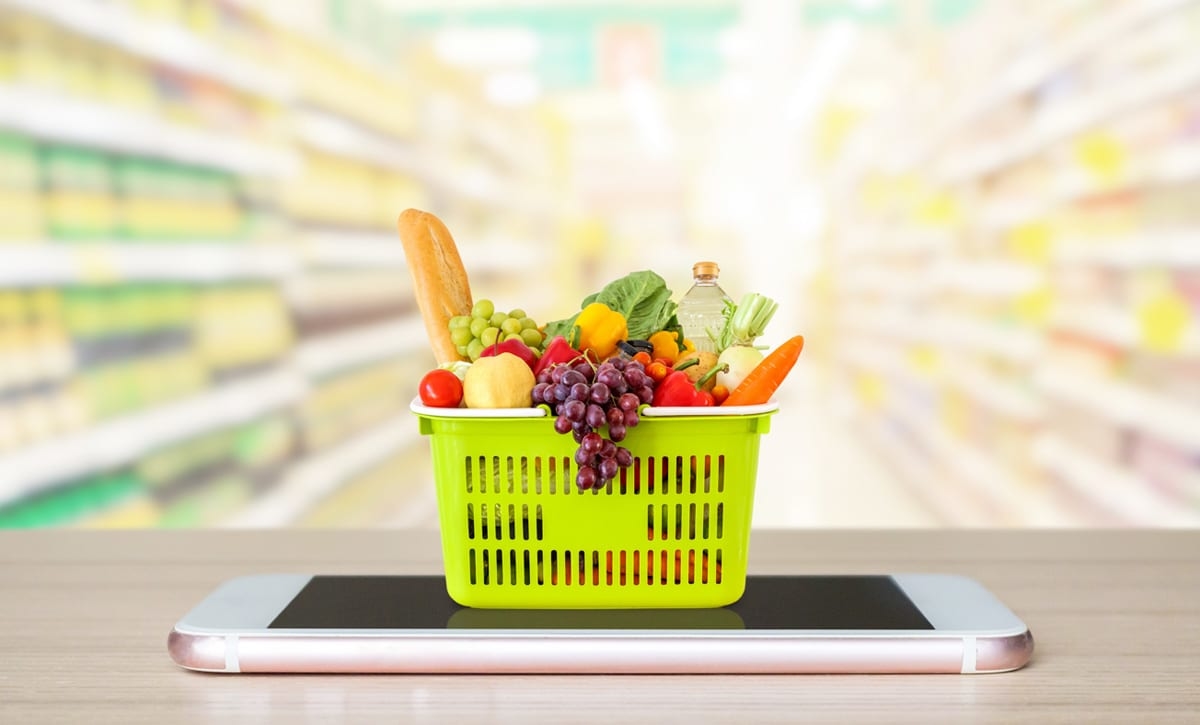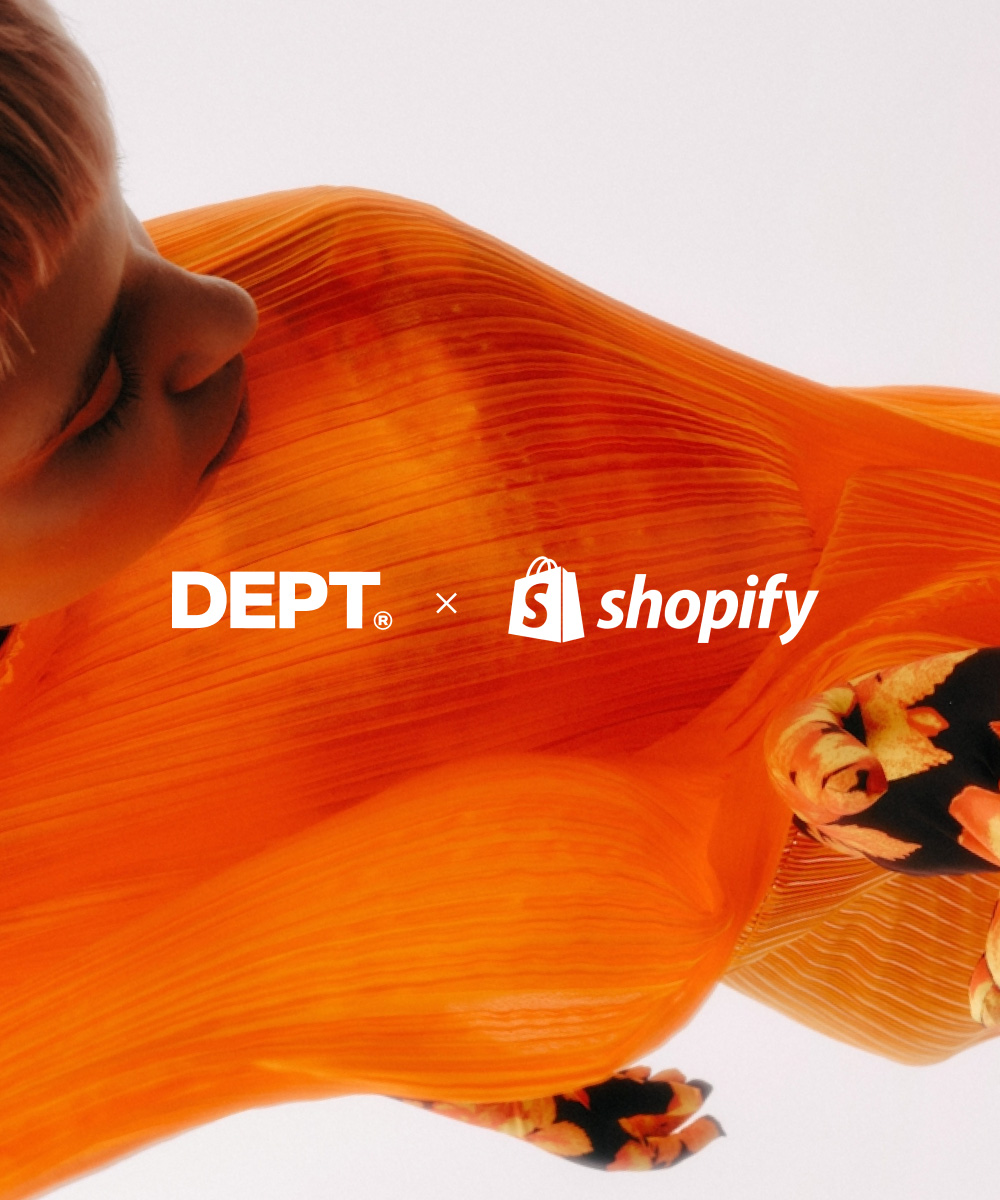Online becomes the new battlefield for FMCG success

The UK food and grocery market is forecast to grow by 10% to £211bn by 2022, according to latest research by IGD. Unsurprisingly, the pandemic has expedited the shift to online, and those retailers ahead of the game will be reaping the rewards right now. They’ll also be on the front foot to scoop up a chunk of the predicted 59% increase in revenue over the next two years for online grocery retailing. Online market share is set to increase from 6.2% to 8.9% by 2022, with shopper loyalty expected to remain with the retailers they used during the lockdown period. At £19bn, online will overtake the total value of hypermarkets for the first time, taking £1 in every £11 spent on groceries.
As retailers ride the wave of online success their focus will be on profitability. They’ll seek to grow online advertising revenue and reduce fulfilment costs. This is a particular challenge, given consumers’ demands for same-day fulfilment (or, in the case of Morrison’s partnership with Amazon, two-hour fulfilment). Click and collect services will need to become far more sophisticated to match consumer expectations. Online shopping saves customers time; not being unable to select a convenient time slot to collect and then having to wait around upon arrival will merely frustrate.
The discounters, who have been a looming threat to the big four’s market share for a while, will be focusing their attention on developing their online commerce offerings, which they’re already testing in other markets. In August 2020, Aldi secured planning approval for its 1.3 million sq ft national distribution centre in Leicestershire, indicating that it’s not far from launching a full blown e-commerce offering in the UK. In the same month, Lidl released its app Lidl Plus, offering rewards such as a weekly money saving coupons. This may well be an attempt to bridge its current e-commerce gap while it gets its ducks in line.
Supermarkets, in particular, will remember how they lost ground to discounters in the 2008 recession, so will be focusing efforts on implementing labour-saving technologies to enable competitive price investments and demonstrating value. Will this be enough to counter the predicted negative growth (88.6bn in 2019 to 89.3bn in 2022) in supermarket revenue? Discounters and online are the two main competitors they’ll be defending market share against.
The rise of D2C
And what of the surge in direct-to-consumer models FMCG manufacturers have launched during the pandemic? Analysts predict that while this was a short term coup, D2C may not continue at the COVID pace going forward. However, it’s worth noting that while D2C can open up new sales channels, its real benefit lies in brand building, data capture and developing a closer relationship with end consumers. Wise manufacturers will see these benefits and maximise the channel’s potential with advanced personalisation and enhanced CX experiences, driving loyalty and ensuring long term benefit both online and in store.
Wholesalers and food service companies have also focused on reaching end consumers, with the likes of Promocash in France and Bidfood in the UK delivering direct to customers’ homes and cutting out the middleman completely. Restaurant chain Leon started selling groceries online, with deliveries being serviced by Uber Eats and Deliveroo.
In Australia, Deliveroo is now a grocery retailer, enabling shoppers to order online and get home delivery via its ‘essentials’ store. With their advanced online capabilities and comprehensive logistics networks, delivery aggregators such as Deliveroo are well placed to branch into FMCG; convenient for end consumers and potential new competition for traditional grocery retailers.
Will we see a rise in new retailers as a result of these pandemic measures? Time will tell, but it’s clear that online success could make or break long term growth.
More Insights?
View all InsightsQuestions?
VP of Marketing, EMEA



